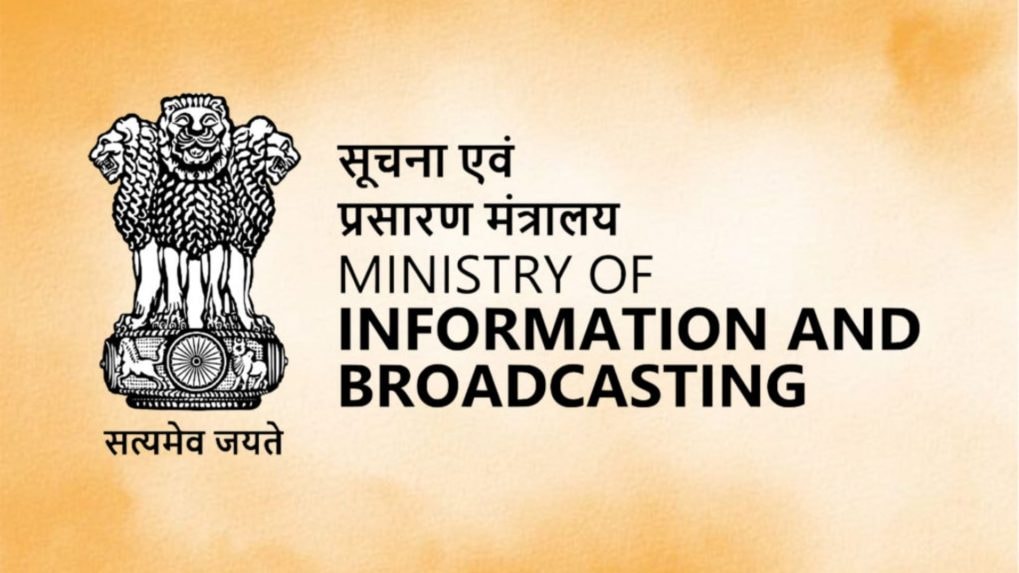Digital
Why OpenAI is hiring 100 ex-bankers: Inside the ChatGPT-maker's secret project to automate Wall Street's grunt work

The Parliamentary Committee on Communications and Information Technology has taken note of the Ministry of Information and Broadcasting’s (MIB) efforts to modernize India’s broadcasting framework through the proposed Broadcasting Services (Regulation) Bill (BSR Bill). The draft legislation, which aims to replace the existing Cable Television Networks (Regulation) Act, 1995, seeks to streamline regulatory processes and extend its scope to emerging platforms such as Over-the-Top (OTT) services and digital news media.
In its review, the Committee highlighted that with rapid technological advancements, traditional broadcasting services including cable television and Direct-to-Home (DTH) platforms, as well as internet-based services like IPTV and OTT, have undergone substantial transformation. To keep pace, the Ministry has been periodically amending relevant laws and rules. The BSR Bill, according to the Ministry, is intended to introduce contemporary definitions and provisions for emerging technologies while strengthening the self-regulatory regime through a Broadcast Advisory Council for content regulation.
The Committee noted that the draft Bill was initially placed in the public domain on November 10, 2023, inviting comments and suggestions from stakeholders and the general public until December 9, 2023. The deadline was subsequently extended to January 15, 2024, and later to October 15, 2024, to accommodate extensive feedback. Based on the consultations, the Ministry conducted multiple stakeholder meetings on April 18, May 29, June 14, and July 9, 2024, seeking further inputs until August 10, 2024.
Despite the comprehensive consultation process, the Ministry has now informed the Committee that it does not intend to introduce the Bill in the current parliamentary session. The Committee, however, appreciated the objectives of the BSR Bill and recommended that a thorough review of stakeholder feedback be conducted. They also suggested that key recommendations be incorporated to ensure that the legislation is holistic, robust, and future-proof, capable of addressing emerging technologies and trends in the broadcasting sector.
Additionally, the Committee recommended that the Ministry consider provisions for periodic reviews and updates in the Bill to maintain its relevance over time. The panel further suggested the possibility of introducing a more comprehensive Media Bill to address concerns across broadcasting, cable television, and OTT platforms, potentially including the formation of a Media Council to integrate various media forms—print, broadcasting, and digital—under a single umbrella for better coordination and regulatory implementation.
The Committee also noted that coordination between the Ministry of Information and Broadcasting, the Ministry of Electronics and Information Technology, and the Department of Telecommunications could be explored to address regulatory challenges arising from technological convergence.
The report states, "Now that the Ministry is intending to bring Broadcasting Bill, they may as well bring a comprehensive Media Bill which addresses the concerns related to Broadcasting, Cable TV, OTT platforms etc. If need be, the Ministry may also look into the feasibility for:
"Constituting a Media Council involving various forms of Media like Print, Broadcasting, Digital, etc. under one umbrella for better coordination and implementation of laws governing them. While doing so the inputs from related Ministry/Organisations like Ministry of Electronics and Information Technology may also be sought"
In response, the Ministry reiterated that consultations with stakeholders had been extensive and noted that additional time had been provided for comments. However, the Ministry confirmed that there are currently no plans to introduce the BSR Bill in Parliament.
With India’s broadcasting landscape rapidly evolving, industry observers emphasize that timely introduction of the BSR Bill—or a more comprehensive Media Bill—will be critical to ensure that the regulatory framework keeps pace with innovation while safeguarding consumer interests.
In a wide-ranging interview with Storyboard18, Sorrell delivers his frankest assessment yet of how the deal will redefine creativity, media, and talent across markets.